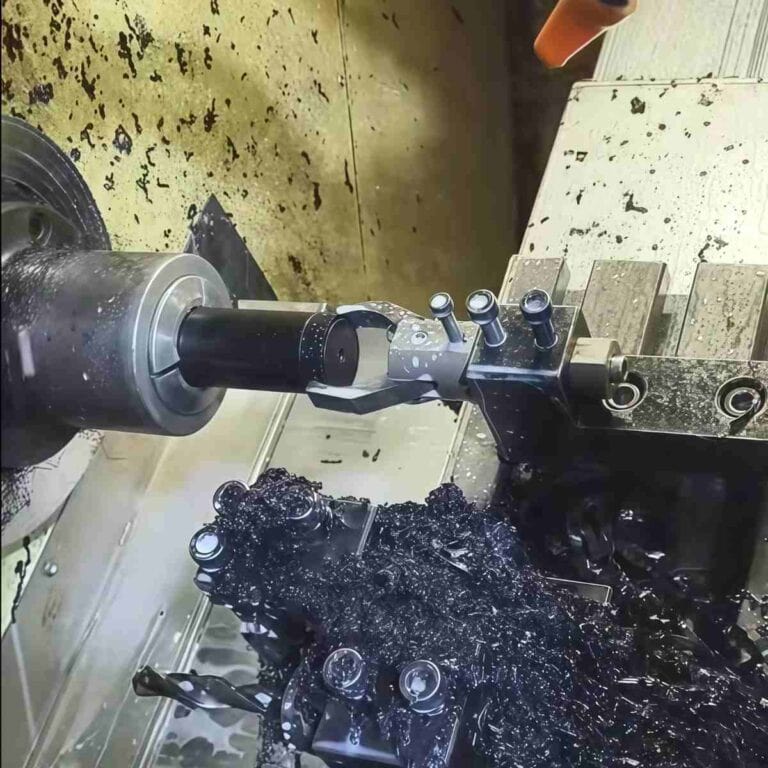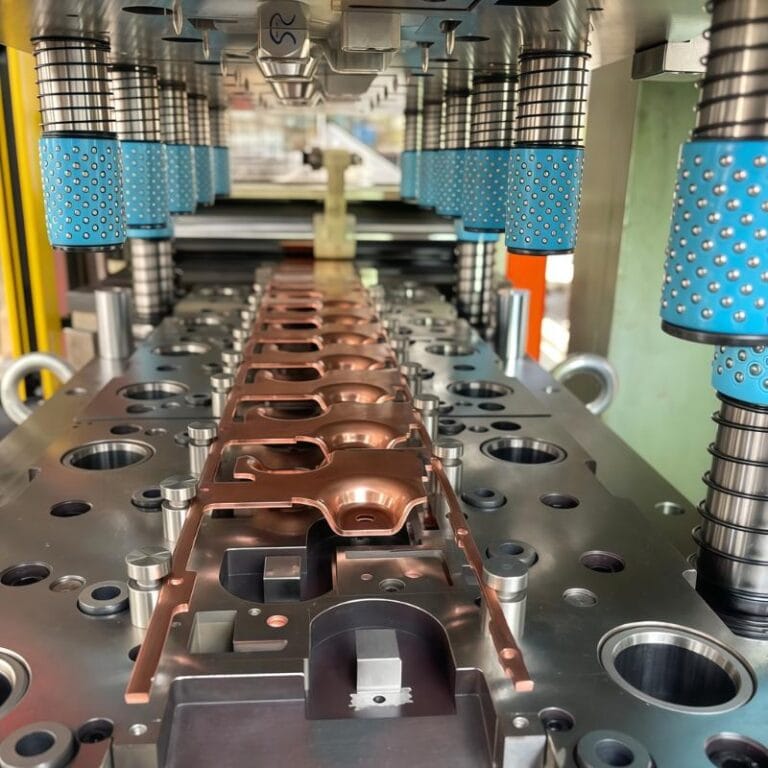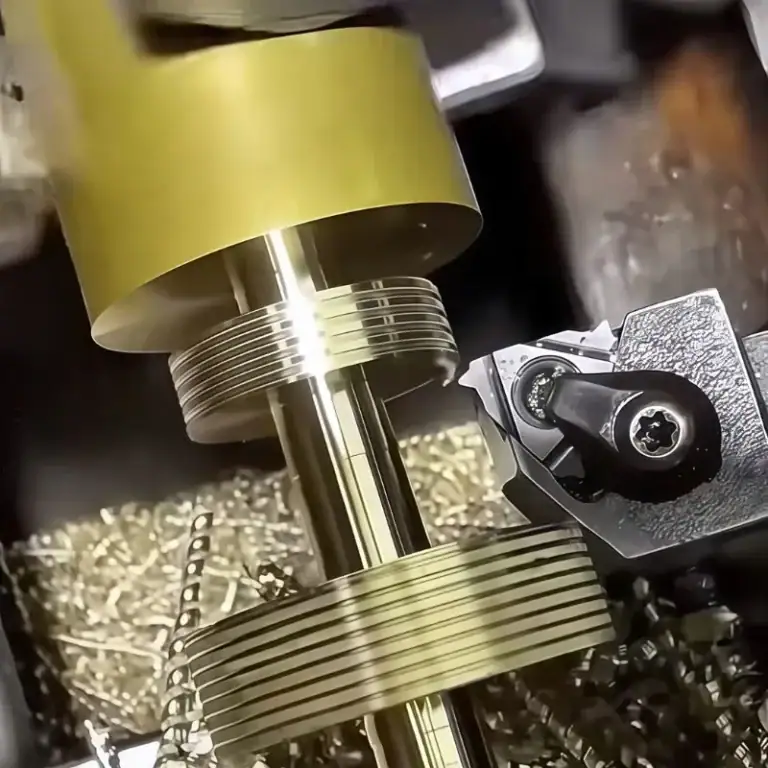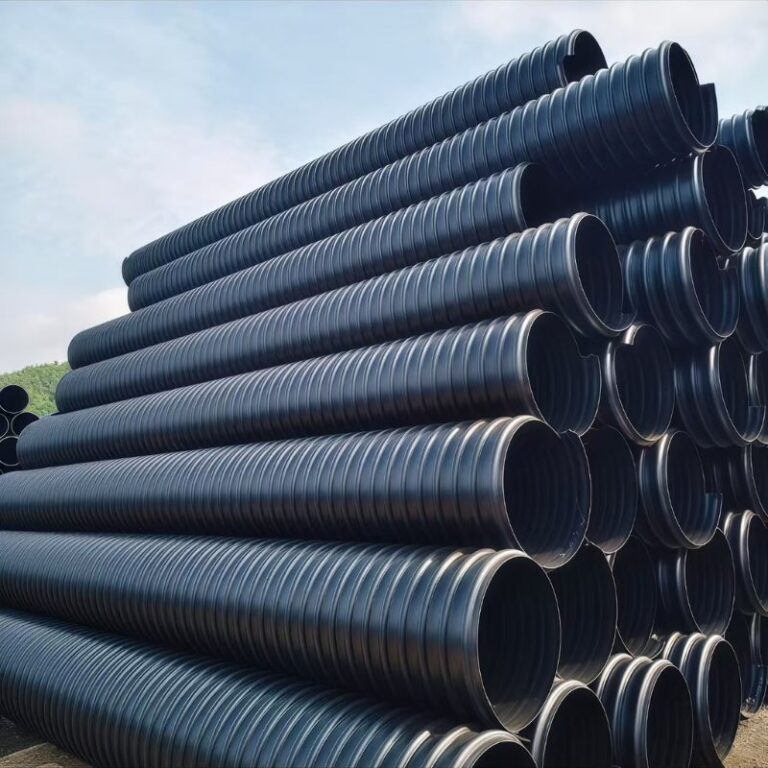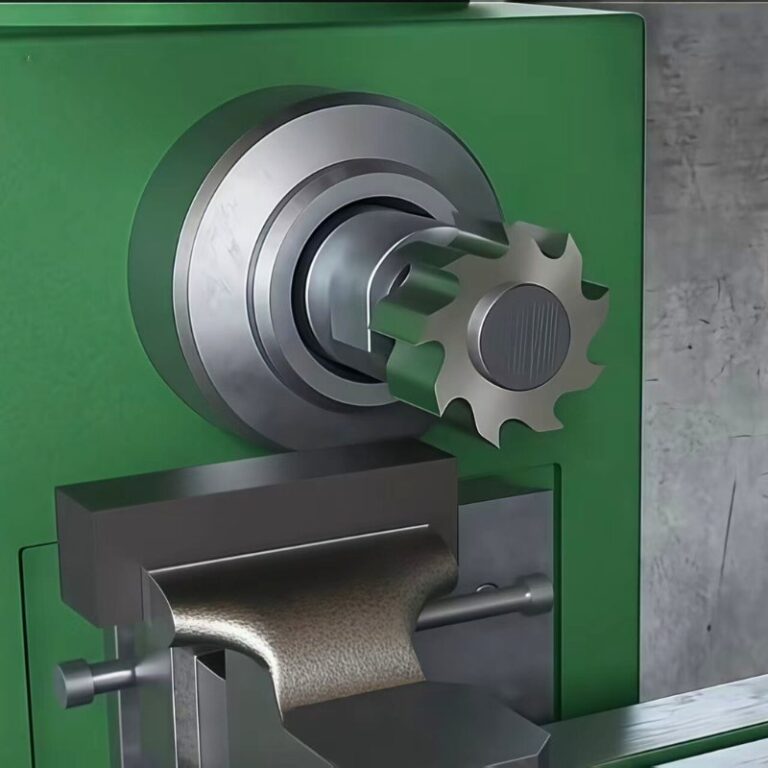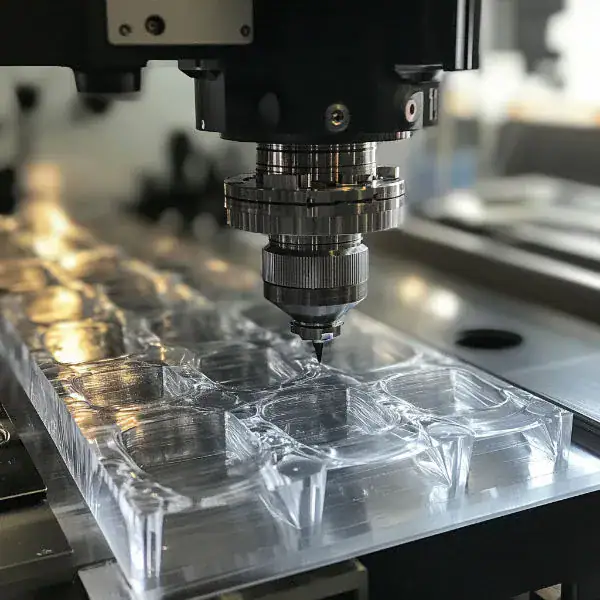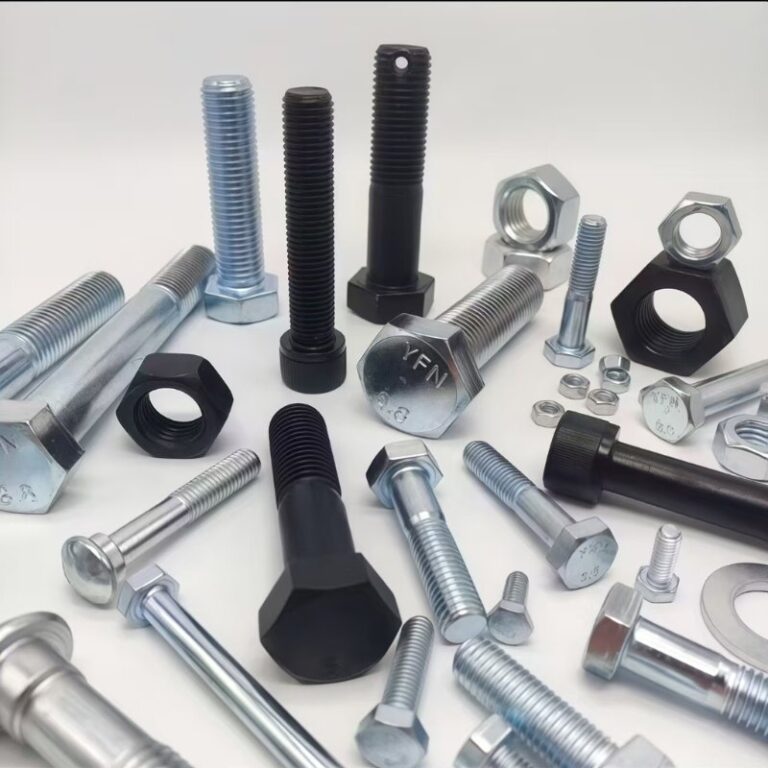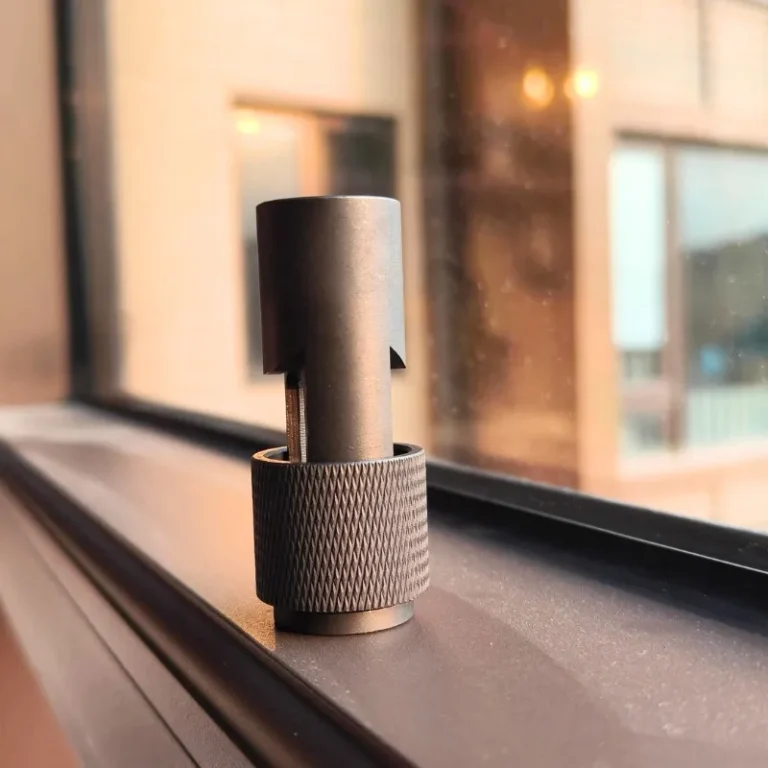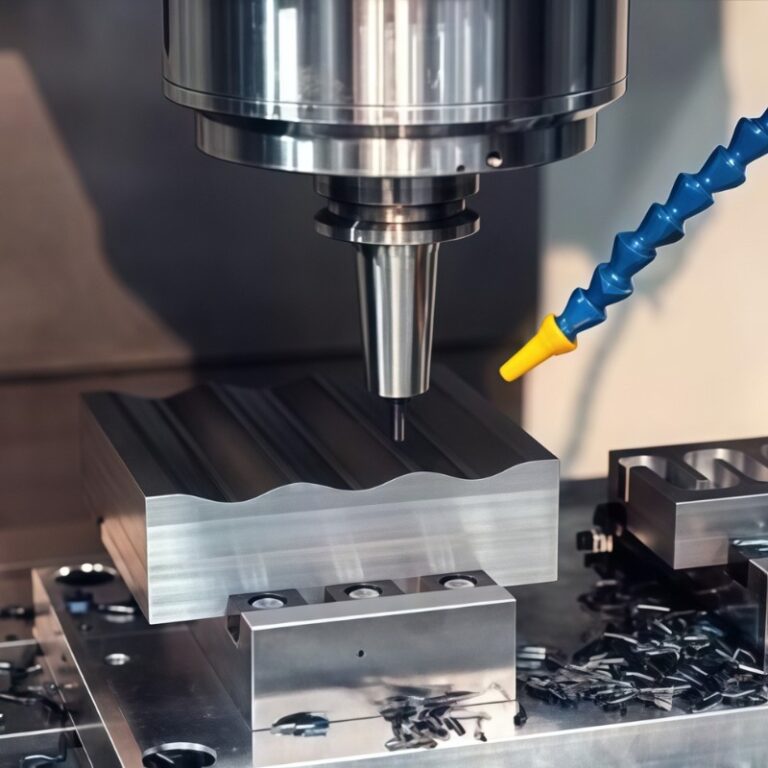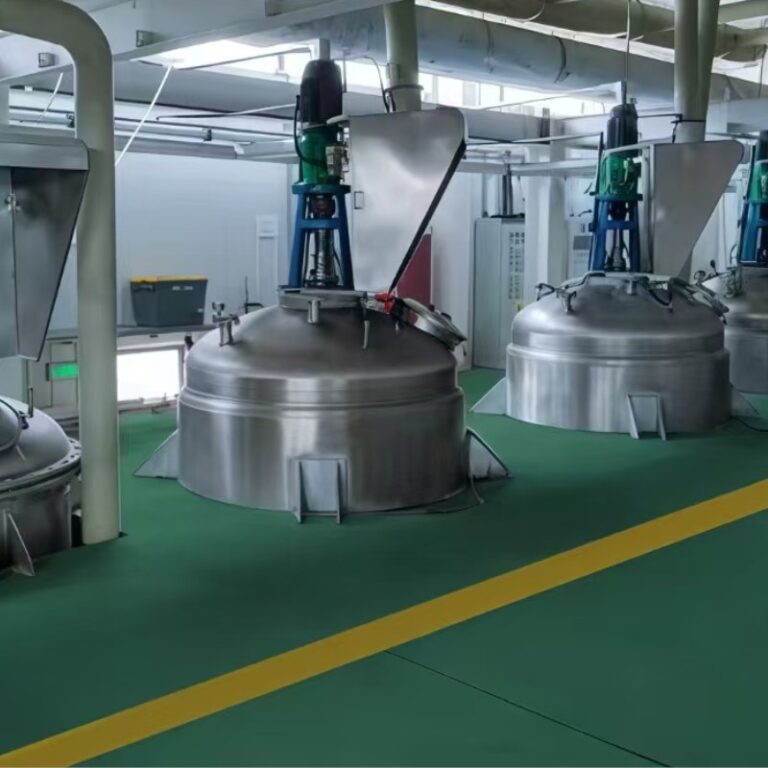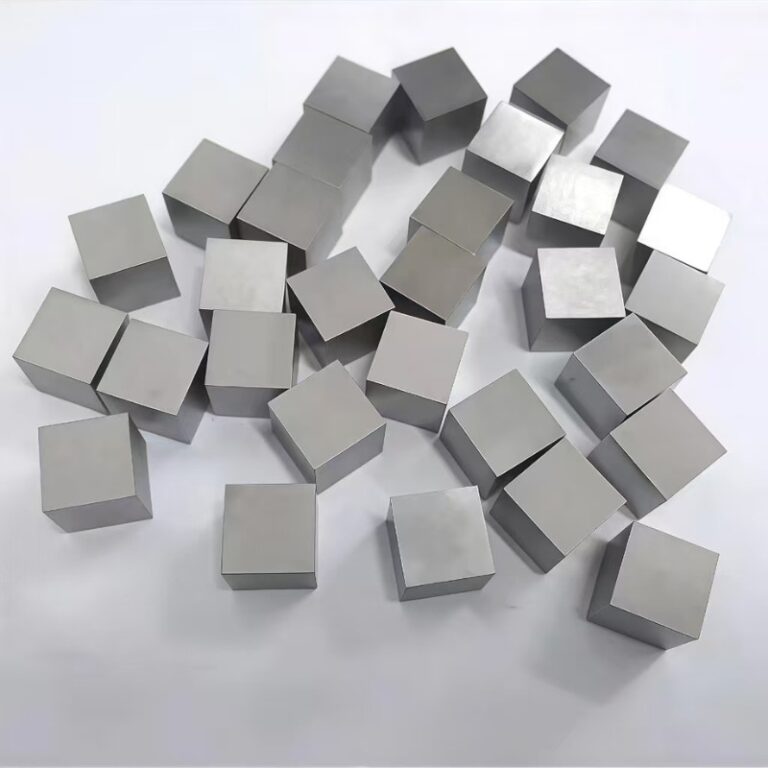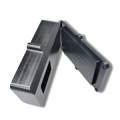Stainless steel is not a type of steel that does not rust, but a type of metal that does not rust as easily. In this article, we explore the various causes of stainless steel rusting and anti-rust measures to give you a deeper understanding of stainless steel.
Does Stainless Steel Rust
Stainless steel can rust, but stainless steel itself does not rust.
The chemical substances of chromium and nickel in the stainless steel composition form an oxide on the surface of the stainless steel, which blocks air and water, so stainless steel itself does not rust so easily.
If it is exposed to chemicals, salt water, high temperatures and other special environments for a long time, stainless steel will still rust.
https://youtu.be/TDaC1Y-TGTs?si=CSOlJ7e3Nh-NV_xG
Why Does Stainless Steel Rust
Stainless steel is highly corrosion-resistant, but there are several reasons why it can rust in different situations:
1.Specific Environments
- Chlorides and Salts:Stainless steel is in an environment containing chlorides for a long time, such as seawater, salt spray or chemical plants.
- High Humidity and High Temperature:Long-term exposure to high temperatures and high humidity.
- High Acidic Environment:Long-term exposure to acidic environments, such as strong sulfuric acid or nitric acid.
2.Surface Damage
- The stainless steel surface isscratched, which has destroyed the protective layer. Long-term exposure to air will lead to rust.
3.Surface Contamination
- The long-term adhesion ofiron filings, dust or other pollutants on the surface of stainless steel will lead to local corrosion and rust.
4.Improper Cleaning
- The use of corrosive chemicals for cleaning will destroy the protective layer of the stainless steel surface and accelerate its surface oxidation and rust.
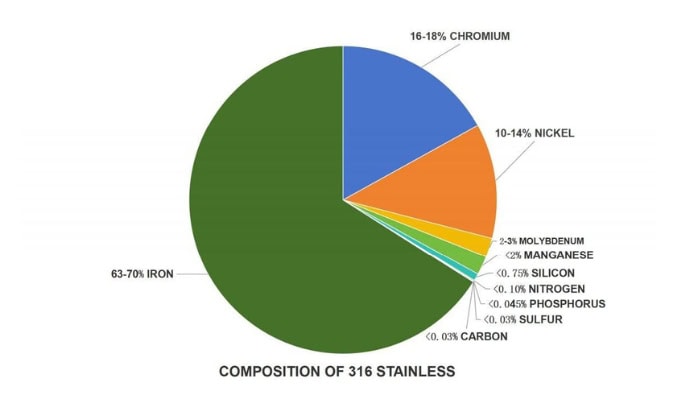
Measures to Prevent Stainless Steel From Rusting
Stainless steel can be effectively prevented from rusting by the following methods:
1. Maintain a Good Environment
- Keep it in a dry, clean environment.
- Avoid contact with substances or detergents that are strongly alkaline or acidic.
2. Protection and Rust Prevention
- Prevent the stainless steel surface from scratches, collisions and friction, and protect it properly during handling.
- Use rust inhibitors on the surface, such as passivation solutions, nano-coatings, and rust inhibitors.
- Protect the stainless steel surface with a film.
3. Use or Maintenance
- Clean regularly to keep the stainless steel surface clean.
- Apply a rust inhibitor regularly to enhance corrosion resistance.
4. Use the Appropriate Surface Treatment
- Passivation:Passivation liquid can enhance the corrosion resistance of the stainless steel surface.
- Electrolytic Polishing:Solve minor scratches or dents on the surface.
- Spraying:Add a coating or spray paint to the surface to provide additional protection.

How Do You Remove Rust From Stainless Steel
Depending on the severity of the rust, you can choose from different rust removal methods. We offer you several options:
For Light Rust
- Toothpaste, warm water and white vinegar
- White vinegar or lemon juice or baking soda
- Soap and mild detergent Rinse
- 10% nitric acid or abrasive detergent
For Heavy Rust
- Steel rust remover
- Acid pickling passivation solution
- Stainless steel cleaning paste
- Neutral detergent or ammonia solution
FAQs
Will stainless Steel Corrode In Salt Water?
Yes, it will. Salt water corrodes many metals, including stainless steel. It destroys the oxide film on the surface of stainless steel and corrodes the material itself.
Does 304 Stainless Steel Rust?
304 stainless steel will rust if it is exposed to high humidity and high temperatures for a long period of time. Under the same conditions, 304 is not as prone to rust as 430,409 and 410.
Does 316 Stainless Steel Rust?
316 stainless steel can also rust, but it is more difficult to rust than 304. 316 has 3% more nickel than 304.
Will Stainless Steel Rust When It Comes Into Contact With Sweat?
Yes, if sweat drops on the stainless steel surface and is not cleaned in time, it will cause localised rusting after a certain period of time.
Does Stainless Steel Jewelry Rust?
Yes, when stainless steel jewelry does not get normal maintenance, it will rust.
Does Stainless Steel Rust With Water?
Yes.Stainless steel products that are placed outdoors in particular are exposed to rain for a long time. They are very prone to rust.
How Fast Does Stainless Steel Rust?
There is no precise time frame for stainless steel to rust.It depends on the environment it is exposed to and the corrosive conditions.
Does Stainless Steel Rust Easily?
Stainless steel does not rust easily. However, there are many external factors that can cause stainless steel to rust.
Does High Carbon Stainless Steel Rust?
Yes, in extremely harsh environments, high-carbon stainless steel can also rust.
Does Stainless Steel Rust In Chlorine Water?
Chlorine can damage the chromium on the surface of stainless steel, thus accelerating the time to rust.
Does 303 Brushed Stainless Steel Rust?
Yes, the brushed stainless steel surface of 303 is not protected and is prone to rust.
Why Does Stainless Steel Rust After Welding?
Yes. Welding produces a large amount of oxides, and the heat of welding can also cause intergranular corrosion.
Does Stainless Steel Rust In Bathroom?
It is possible.Stainless steel products can also rust if the bathroom is damp and poorly ventilated for a long time.
Conclusion
By understanding everything about stainless steel rust, when processing stainless steel materials, you should always pay attention to surface changes on stainless steel parts and take precautions in advance to ensure the perfect surface.
The technical team at Tirapid has more practical experience and is happy to advise you on your stainless steel products.


